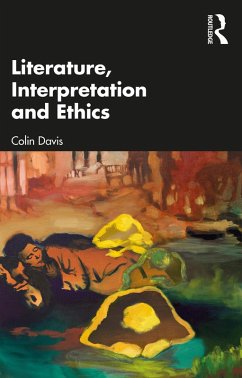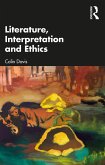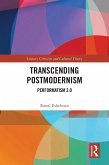The book outlines the contribution of hermeneutics to literary study through detailed accounts of role of interpretation in the work of key thinkers such as Martin Heidegger, Hans-Georg Gadamer, Paul Ricoeur, Umberto Eco, Jacques Derrida and Emmanuel Levinas. It also illustrates problems of interpretation posed by specific literary texts and films, emphasising how our interpretive acts also entail ethical engagements. The book develops a 'hermeneutics of (guarded) trust', which calls for attention to the agency of art without surrendering critical vigilance.
Through a series of forays into theoretical texts, literary works and films, the book contributes to contemporary debates about critical practice and the cultural value. Interpretation, it suggests, is always fallible but it is also essential to our place in the world, and to the importance of the humanities.
Dieser Download kann aus rechtlichen Gründen nur mit Rechnungsadresse in A, B, BG, CY, CZ, D, DK, EW, E, FIN, F, GR, HR, H, IRL, I, LT, L, LR, M, NL, PL, P, R, S, SLO, SK ausgeliefert werden.
Defending the import of hermeneutics to literary studies as he set out to do in the book's opening pages, Davis constructs a strong case for attending to interpretation in our practices of reading. . . . Literature and the humanities are important, not because they can incontrovertibly make us better people, as has been claimed, but because they help us to orient ourselves to texts, films, speeches, and Others with curiosity and openness, never knowing what-if anything-of value we may discover.
Avril Tynan, Storyworlds: A Journal of Narrative Studies









